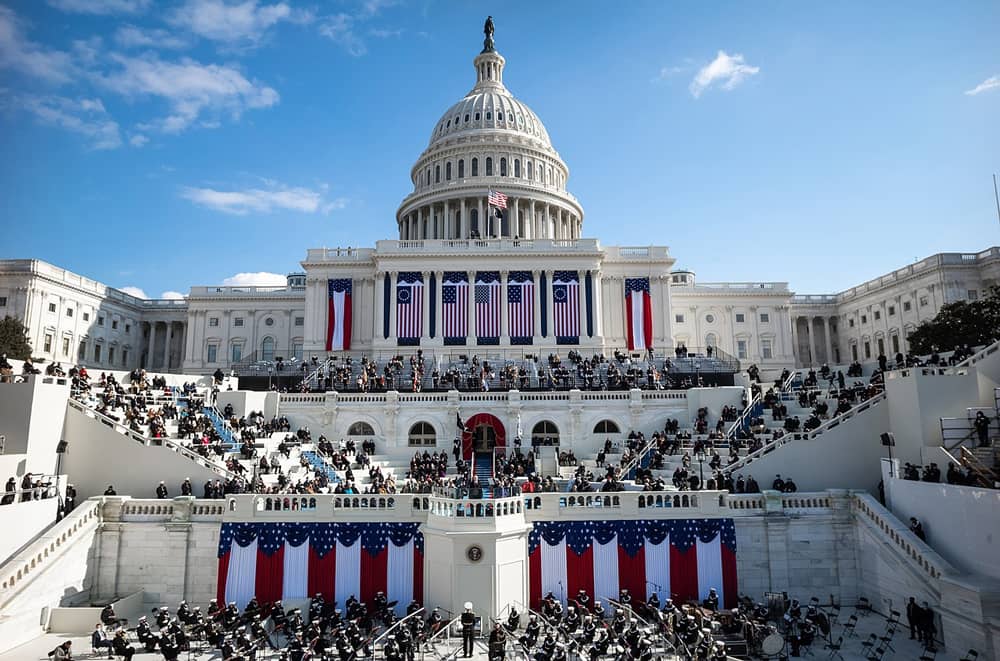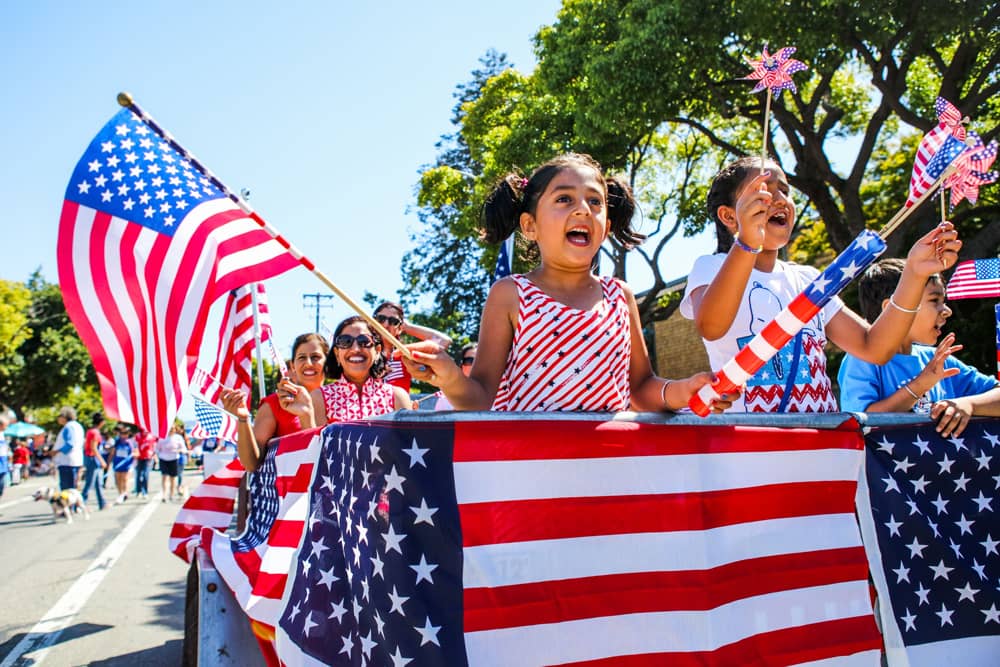Holidays and National Celebrations in the United States
Holidays provide a delightful opportunity to escape the daily grind and commemorate significant events. The United States federal government recognizes ten official holidays. However, several factors can influence when and how you observe these holidays, including:
- Alternative Work Schedule: If you work shifts, your holidays may fall on different days than the official holidays.
- Full-time or Part-time Employment: Full-time employees typically enjoy more holiday benefits than part-time employees.
- Workplace Location: For employees working outside the Greater Washington D.C. Metropolitan Area, special rules apply regarding state and local holidays.
A Brief Overview of United States Federal Holidays
- New Year's Day: January 1st
- Martin Luther King Jr. Day: Third Monday in January
- Presidents' Day: Third Monday in February
- Memorial Day: Last Monday in May
- Independence Day: July 4th
- Labor Day: First Monday in September
- Columbus Day: Second Monday in October
- Veterans Day: November 11th
- Thanksgiving Day: Fourth Thursday in November
- Christmas Day: December 25th

Inauguration Day Holiday
Federal employees in the Washington, D.C., metropolitan area are entitled to an additional holiday, known as Inauguration Day. This holiday falls on January 20th of every fourth year
Rules for the Holiday
- Working in Washington: If you work in Washington on this day (even if you are normally assigned elsewhere), it will be a holiday for you.
- Traveling for Work: If you are on travel elsewhere, it will not be a holiday for you.
- Sunday: If Inauguration Day falls on a Sunday, the next day is observed as the holiday.
- Saturday Work: Federal employees in the D.C. area who do not work on Saturdays will not receive an Inauguration Day holiday if it falls on a Saturday.
Determining Your Holiday
In general, if you are scheduled to work on a federal holiday, you will have the day off and receive your regular pay, whether you are a full-time or part-time employee.
Exceptions
- Alternate Work Schedule: If you work on an alternative work schedule (daily, hourly, wage grade, etc.), you do not receive holiday pay or a substitute holiday for holidays. You also do not receive premium pay if you work on a holiday.
Substitute Holidays
Some employees are unable to observe holidays on the designated day due to their work schedules. These employees are eligible for "substitute holidays" or "in-lieu-of holidays."
Substitute Holidays (in-lieu-of holiday)
If you work on a flexible or compressed work schedule and your holiday falls on a non-workday, you will receive a substitute holiday on your scheduled workday immediately before the holiday. However, if the actual holiday falls on a non-workday Sunday, your substitute holiday will be granted on the first workday after.
Part-time Employees: If you are a part-time employee, you are not eligible for a substitute holiday when the holiday falls on one of your non-workdays.
Religious and Cultural Holidays
Diverse ethnic and religious groups in the United States celebrate days that hold special significance to them. These holidays include Easter for Christians, High Holy Days (Yom Kippur and Yom HaShoah) for Jews, Ramadan for Muslims, Vesak Day for Buddhists, and Diwali for Hindus.

Independence Day
Independence Day, also known as the Fourth of July, is a federal holiday in the United States commemorating the adoption of the Declaration of Independence on July 4, 1776. It is commonly celebrated throughout the country with fireworks, parades, barbecues, carnivals, fairs, picnics, concerts, baseball games, family reunions, and political speeches and ceremonies. Numerous private events are also held that showcase American history, government, and traditions.
Martin Luther King Jr. Day
This day marks the birthday of Martin Luther King Jr., a prominent spokesperson and civil rights activist who achieved significant progress through nonviolent protests against racial discrimination in federal and state laws. It is observed as a "Day of Service in honor of King" throughout the United States, providing an opportunity for the nation to remember King's life and work while celebrating his valuable legacy. Educational institutions also commemorate this day by educating students about Martin Luther King's activities.
Thanksgiving
Thanksgiving is a national holiday in the United States that originated as a harvest celebration and a day of giving thanks for the blessings of the past year. It is typically celebrated by gathering with family and enjoying a large meal that often includes turkey, stuffing, and pumpkin pie.
In addition, the annual Macy's Thanksgiving Day Parade is held in New York City on this day. The parade features floats, marching bands, musical performances, and giant balloons, and is televised nationally. Watching football is another popular Thanksgiving Day activity, as there is always a major football game played on this day.

Christmas in America
Christmas in the United States transforms into a magical celebration with dazzling decorations and illuminations adorning every corner. Cities and towns across the country typically adorn their streets with vibrant Christmas lights, creating a festive ambiance. The most renowned Christmas lights display in America can be found at Rockefeller Center in New York City, where a towering Christmas tree and a public ice skating rink stand for the public's enjoyment.
Christmas cuisine also holds great significance in the United States, with turkey, ham, and cranberry sauce being among the popular staples of this joyous occasion. Christmas in America is truly a special time for everyone, so why not add it to your list of celebrations this year!
Related Article: Public Transportation in the United States
conclusion
In conclusion, while many national holidays in the United States are celebrated to commemorate historical events or cultural milestones, these holidays also play a crucial role in fostering a sense of national unity. They provide an opportunity for Americans from diverse backgrounds to come together, share their traditions, and reflect on what it means to be American. This shared experience, even amidst differing perspectives, helps to strengthen the social fabric of the nation.
However, some argue that the commercialization of certain holidays can overshadow their deeper meaning. The ongoing discourse surrounding the purpose and significance of national holidays highlights the dynamic nature of American identity.
For more information on studying in the US and immigrating to the US, contact the Pen Students Institute.